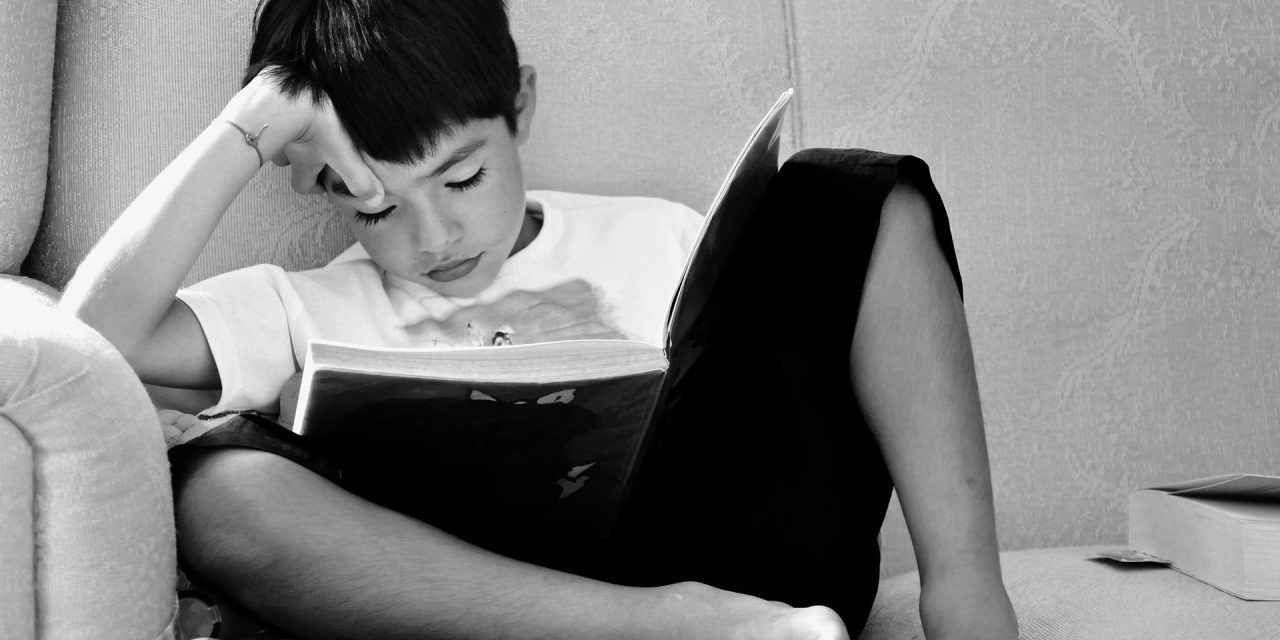Spring 2022
Raising Deep Thinkers and Tomorrow’s Leaders in a Tweet-Filled World Round Two
We are back in DC…after a three-year hiatus from the fast-paced, at times overly-competitive, and politically-driven lifestyle (of course, there are many positives as well—the history, the museums, and the professional opportunities). We returned to Immanuel Lutheran School (ILS) in Alexandria, VA, the quaint red brick building that is still free from electronics and other limitations of the modern education system. The school remains filled with focused efforts to promote faith, hope, and love—the opposite of what we are bombarded with on the news and social media platforms day in and day out.
Our first letter to the Classical Difference (Fall 2017 issue) was a reflection on our two years in the ILS community as we prepared to move to Texas for our next military assignment. We wanted to thank and acknowledge the school for nurturing our two boys’ hearts and minds and for teaching virtue and truth. As we departed, we were only “sorry that we will not get to see our boys move beyond the grammar phase and into logic and rhetoric with their friends at ILS.” Well, God had a plan…we moved back to the DC area this past summer as the COVID pandemic raged on. It was tough to leave our friends and Christ Academy family in Wichita Falls, TX, but we were excited to rejoin the ILS community. Our boys would have the opportunity to advance to the next stages of the classical curriculum. The baby girl born last time we were in DC would join her brothers and begin her journey in the grammar phase.
So, what changed during our time in Texas? On the world stage, the US declared China and Russia Great Power Competitors, NATO named space a warfighting zone, and emerging technology is challenging long-held moral and ethical assumptions. At home, tweets only got longer (max character count doubled to 280), more divisive, and more political. Conspiracy theories made headlines, social and political unrest swept the nation, and COVID isolated individuals from their communities, amplifying divisions.
The increase in social isolation and the dominance of social media in so many Americans’ lives have only served to reinforce our belief in the classical Christian education model. It teaches children to use logic as a basis for dissecting information and rhetoric to defend their position, while reinforcing the values and character traits needed in this nation. We want our children to think critically about what they read and to add friction to their writing (Gibson, An Appeal for Friction Writing)—the opposite of our current social media experience, which provides no reference to the importance or reliability of information. As the world continues to evolve, we need to build servant-leaders who are grounded in truth, virtue, and character—and who can apply that foundation in challenging situations. This is where the combination of engaged parents and a classical Christian education make a difference.
As more people search for meaning of life during the pandemic, some evidence suggests a reversal in the years-long downward trend of people who consider themselves religious. Combine that with parents disenfranchised by the modern education system, and the opportunity for substantial growth in classical Christian education exists. We hope the community is ready for the possibility of spreading truth, virtue, and love even further and teaching more children the value of critical thinking.
Chris and Jen Mulder










